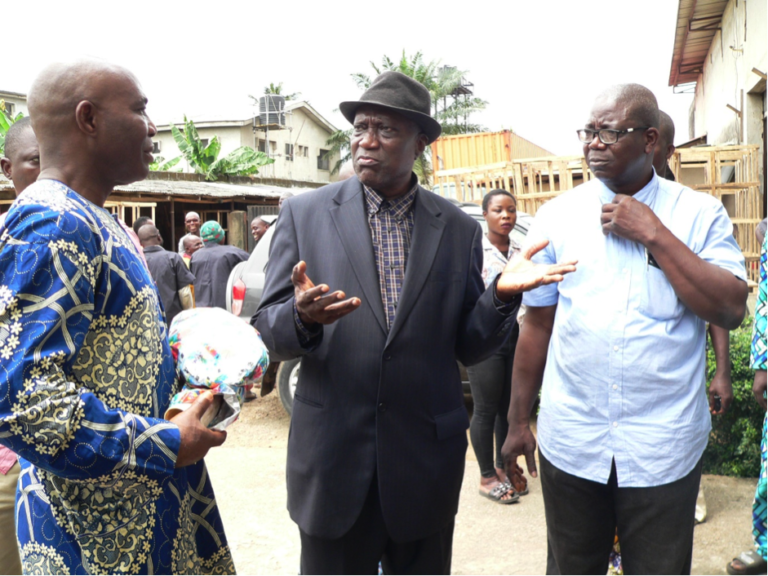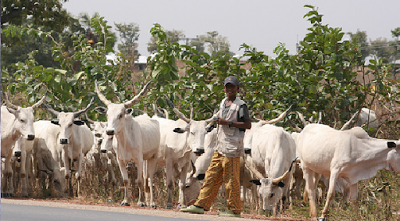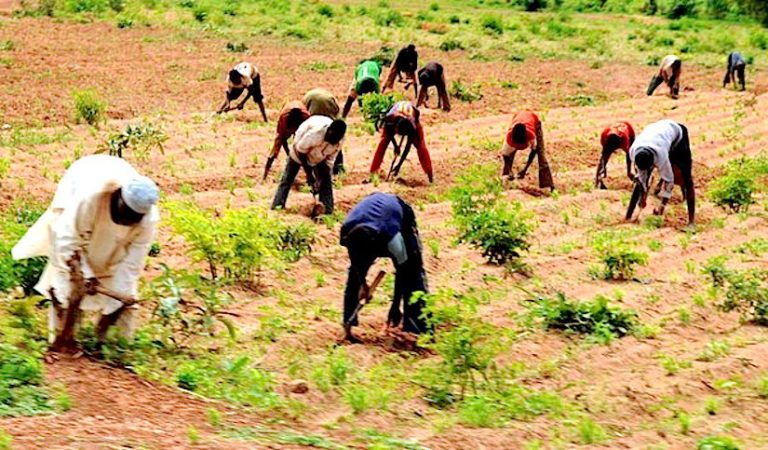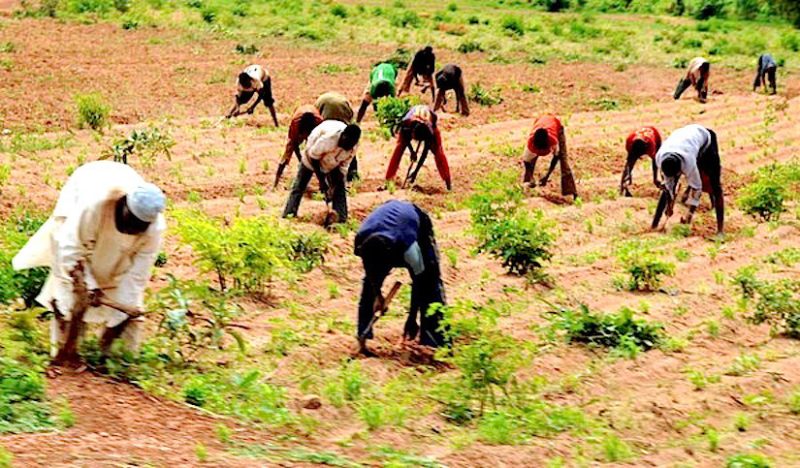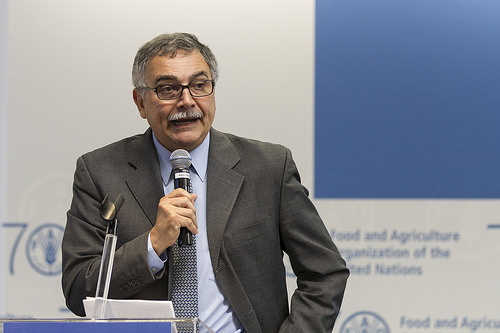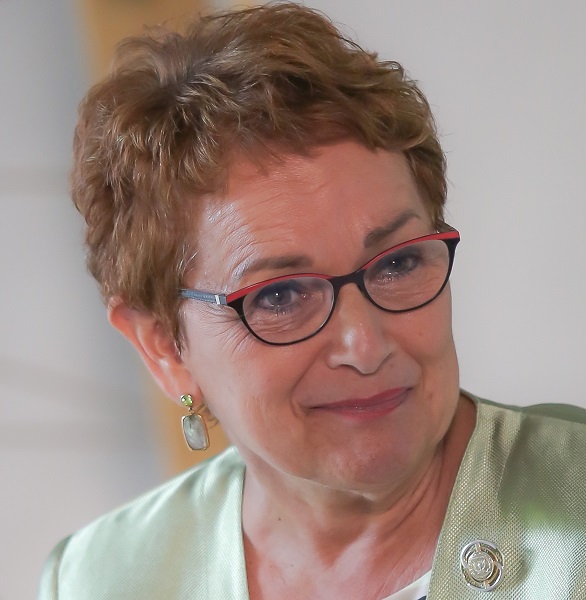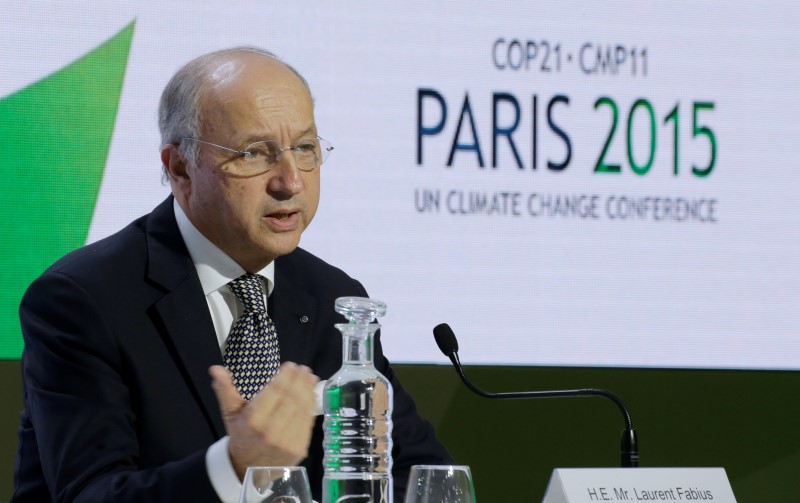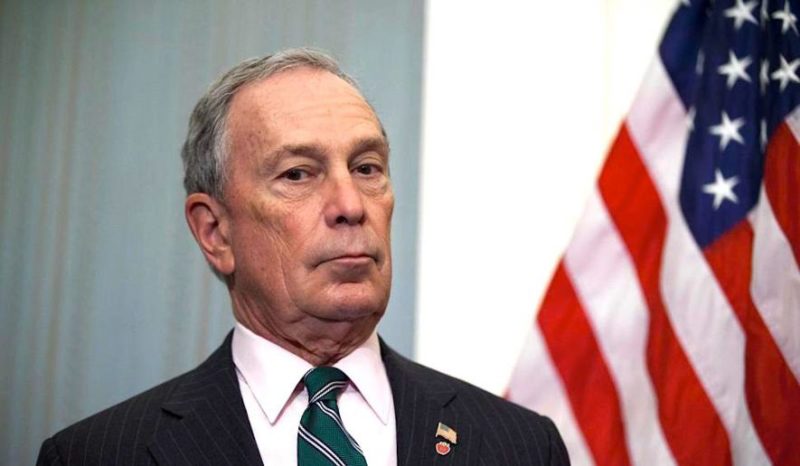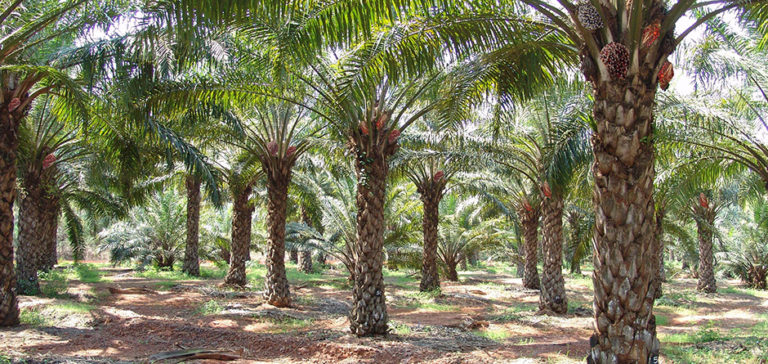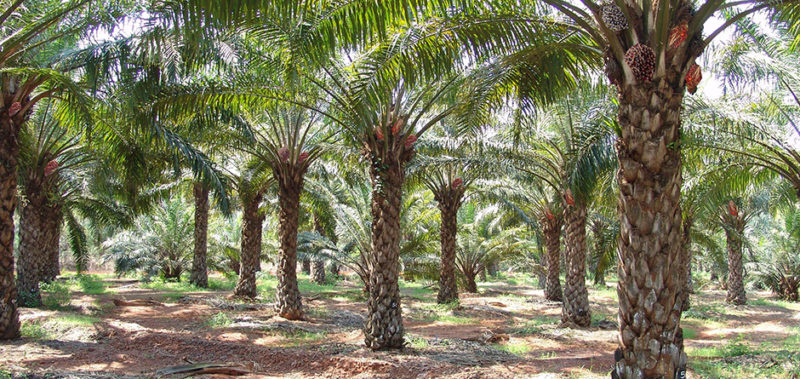Minister of Agriculture, Audu Ogbeh, has assured agriculturists of a brighter future in the country.
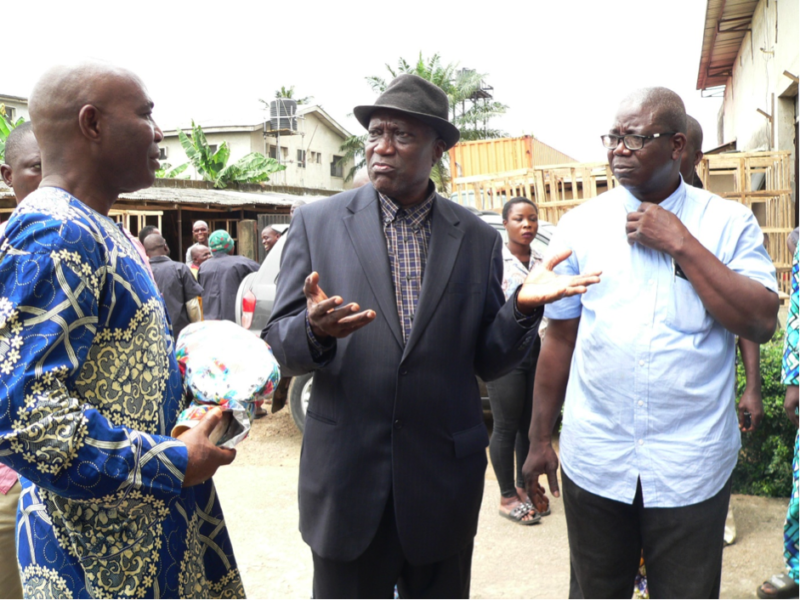
The assurance, which was made when the minister visited Otlo Agencies Limited crushing plant in Igando, Alimosho Local Government Area of Lagos State, is on the condition that the industry stakeholders believe and support the government both at the state and the federal levels.
The minister, represented at the event by his media adviser, Olukayode Oyeleye, said no meaningful improvement could be made without industry stakeholders believing and supporting the leadership.
The visit was part of the nationwide tour embarked upon by the Federal Ministry of Agriculture, in collaboration with the Lagos State Ministry of Agriculture, to major stakeholders in agriculture and value chain in the country. It aims to restore Nigeria’s place in agro-commodities’ exports and trade.
The inspection and sensitisation team of the ministry led by Oyeleye was impressed by activities at the Otlo crushing plant.
Founded over two decades ago by Otolorin Olusanjo, Otlo Agencies offers a wide range of cattle by-products from horn products to organic fertilisers, for local consumption and export.
Industry Challenges
At the visit, the stakeholders listed some challenges facing the industry.
Olusanjo, the managing director of Otlo Agencies, said the challenges the industry was facing include lack of electricity, bad roads, multiple taxation, high interest rates, and import barriers.
According to him, due to epileptic power supply, the use of diesel-powered generators increases costs by as much as 30 per cent. Bad roads, he continued, leads to breakdown of vehicles, which also increases cost.
State and federal governments, he said, collect the same taxes using different names.
The inability to export animal by-products as finished products to Europe and the influx of foreigners, like the Chinese, into the industry are other challenges the stakeholders brought to the fore.
Recommendations
To fix the above-listed challenges, the stakeholders urged the Federal Government to provide stable electricity to manufacturers and engage the European Union (EU) to allow Nigerian products free access into Europe.
They appealed to the government to provide them with a much more enabling environment to operate by creating easy access to Central Bank of Nigeria (CBN)’s agricultural funding and foreign intervention, as well as placing ban on the influx of foreigners like the Chinese, Indians, Koreans and Philippines into the industry.
Also, they demanded special foreign exchange for import of inputs.
Having listened to the submissions, the minister assured them that necessary measures would be put in place to tackle those challenges.
Otlo crushing plants are among a number of Federal Government initiatives to fast-track the interventions and solidification of agriculture export and trade base and make it more responsive to issues of safety and phyto-sanitary standards in by-product and food exports, so that its reports will be acceptable globally.
The team that visited the Otlo plant comprised officials of the Nigerian Agricultural Quarantine Service (NAQS), the National Agency for Food And Drugs Administration and Control (NAFDAC), the National Association of Chambers Of Commerce, Industry, Manufacturing And Agriculture (NACCIMA), and Nigerian Customs Services (NCS), among others.

